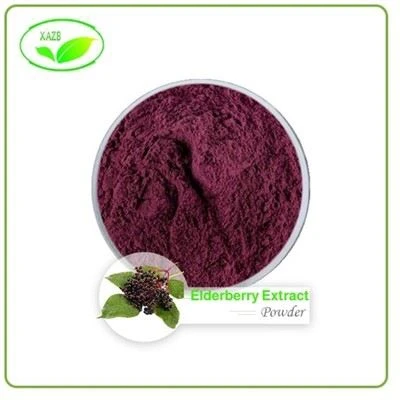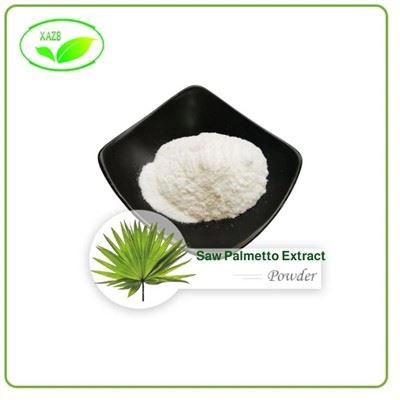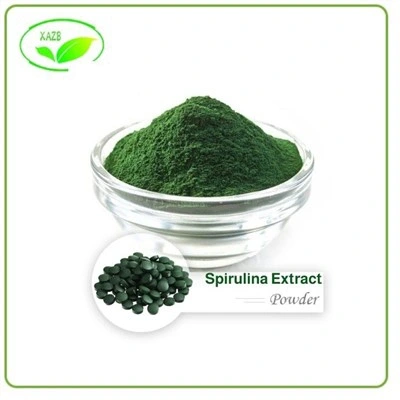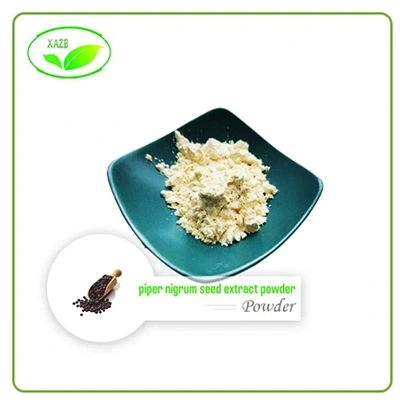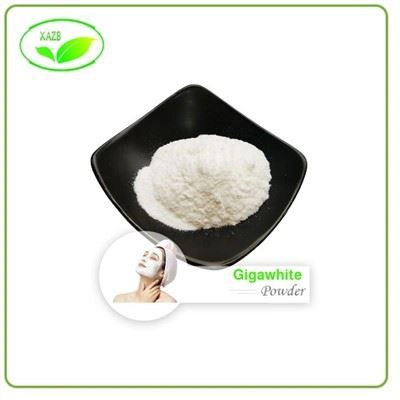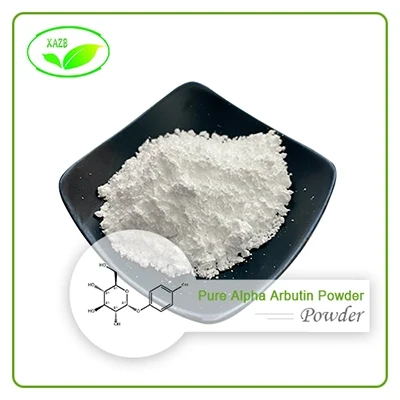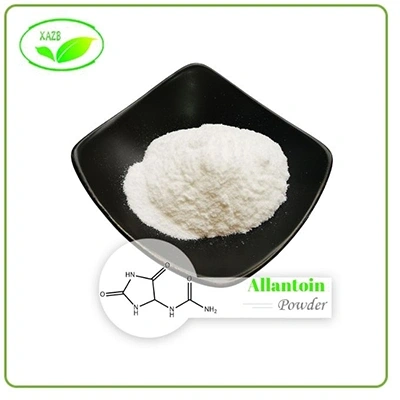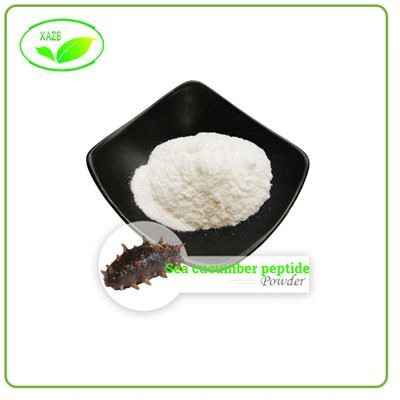What Does Lipoic Acid Do For The Body?
2024-05-08
1. What is Lipoic Acid?
Lipoic acid is a substance that has an antioxidant effect superior to vitamins A, C, and E, and can eliminate free radicals that accelerate aging and cause disease. Among many antioxidants, lipoic acid has its unique versatility. It is both water-soluble and fat-soluble, and can protect all tissues and interstitial spaces in the body. Lipoic acid also has a variety of beneficial effects on the human body. Lipoic acid is a limiting essential nutrient required by cells to generate energy using energy substances such as sugars. It is also an effective antioxidant and heavy metal chelating agent.

2. Lipico Acid Powder Benefits
Lipoic acid Powder, also known as α- Lipoic acid, specifically a naturally occurring form in nature, is commonly considered a B vitamin. Lipoic acid is an important coenzyme in the organism. In addition to acting as a coenzyme, lipoic acid also has a strong antioxidant function, which can eliminate free radicals that lead to accelerated aging and disease, and has multiple functions such as anti-oxidation, anti-aging, improving immunity, preventing cardiovascular disease, and alleviating symptoms of diabetes. In vitro supplementation with lipoic acid can inhibit lipid oxidation in nerve tissue, prevent glycosylation of proteins, inhibit aldose reductase, and prevent the conversion of glucose or galactose into sorbitol.
Lipoic acid has a strong antioxidant capacity, its ability to resist free radicals is 400 times better than VC and VE, it can remove the active oxygen components that cause skin aging, and it is even smaller than the molecule of VE. In addition, it is both water-soluble and fat-soluble, so skin absorption is quite easy. Lipoic acid not only has a strong resistance to long-term oxidative damage, but also can effectively repair more serious cellular oxidative damage that VC and VE cannot repair.
(1). Lipoic acid can directly scavenge free radicals, and when it enters cells, it can directly scavenge hydroxyl radicals, singlet oxygen, and other free radicals;
(2). Inhibiting metal induced oxidation, lipoic acid has the function of chelating metal ions, thereby reducing the peroxidation reaction of macromolecules such as lipids caused by metal ions;
(3). Promote the recovery of other antioxidant components. Lipoic acid can restore the ability of endogenous antioxidants such as vitamin E and glutathione in the body, thereby improving the overall antioxidant capacity of the body.
2.Lipoic acid can protect the liver. The synergistic effect of lipoic acid and other antioxidants in the body can reduce the damage of free radicals to liver cells, reduce inflammatory reactions, and maintain liver function. Some studies have shown that lipoic acid has a scavenging effect on fat accumulation caused by nonalcoholic fatty liver disease, reducing the burden on the liver.

3. Application
1. As a B vitamin, lipoic acid can prevent protein glycosylation, aldose reductase, and the conversion of glucose or galactose to sorbitol. Therefore, lipoic acid is mainly used to treat and alleviate peripheral neuropathy caused by late diabetes.
2. Lipoic acid is a super strong antioxidant that can preserve and regenerate other antioxidants, such as vitamins C and E, and can balance blood sugar concentrations, effectively strengthen the immune system in the body, prevent damage from free radicals, participate in energy metabolism, increase the ability of other antioxidants to eliminate free radicals, promote the recovery of insulin sensitivity, enhance the body's ability to increase muscle fat, activate cells, and combat aging and beauty.
3. Lipoic acid can strengthen the function of liver activity, improve the energy metabolism rate, and quickly convert the food we eat into energy, eliminate fatigue, and make the body less likely to feel tired.


